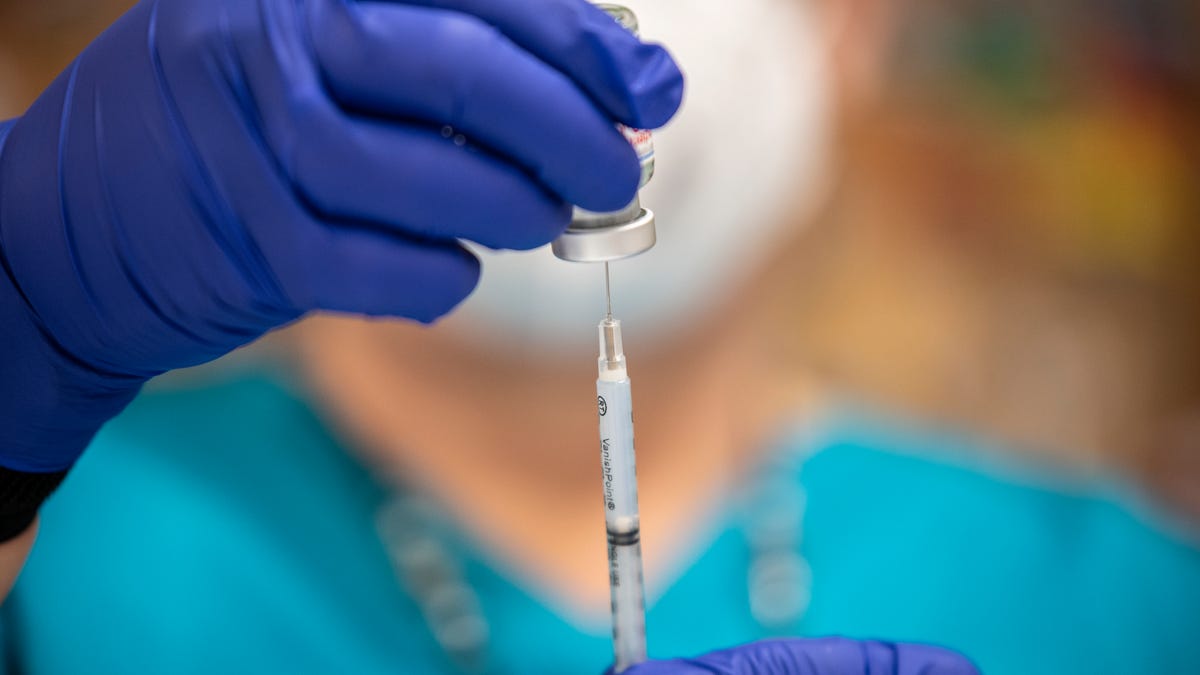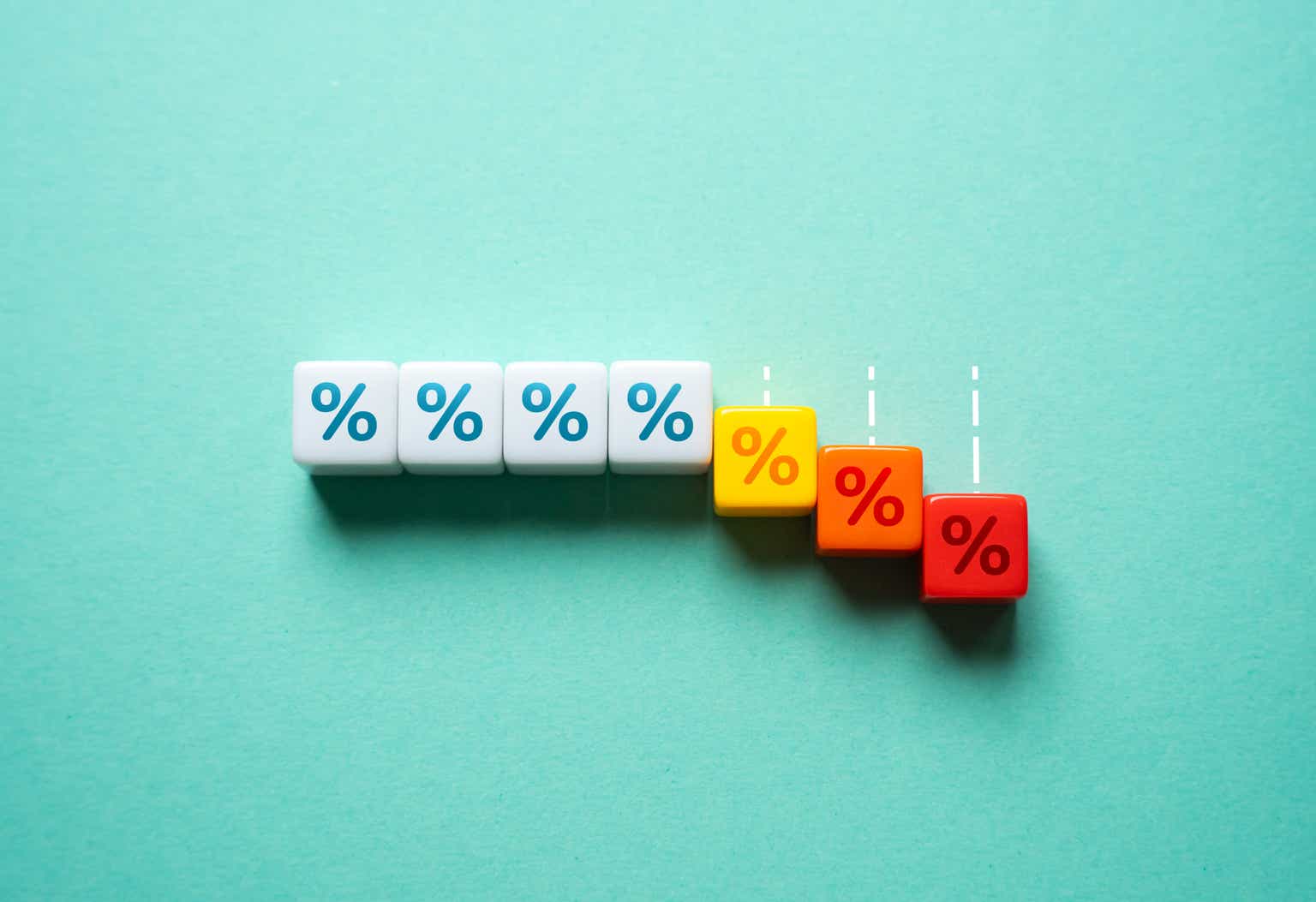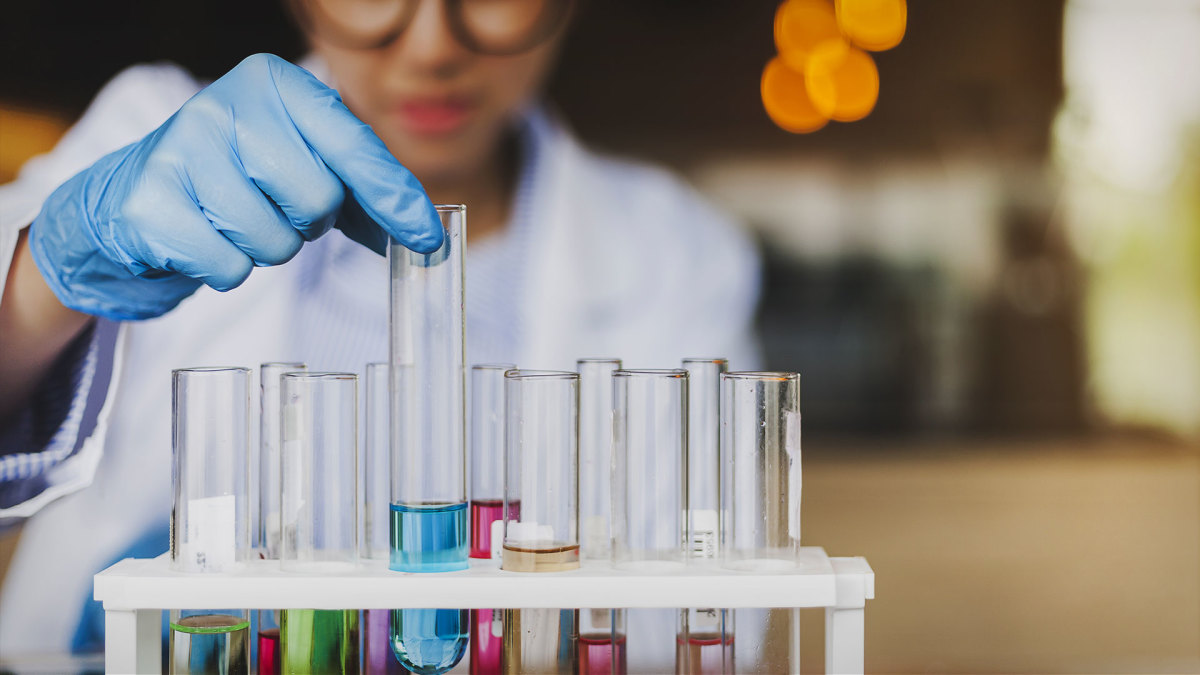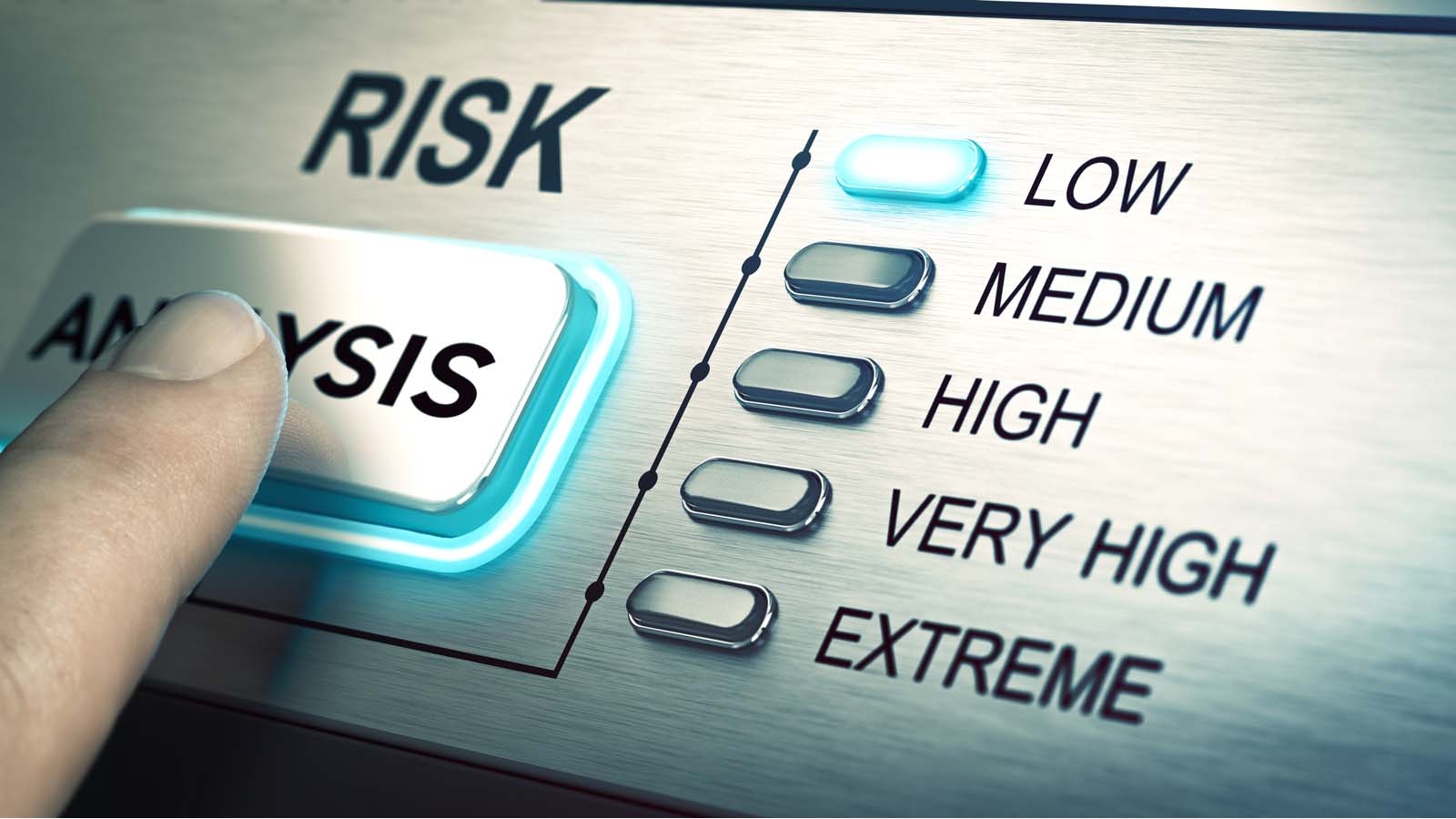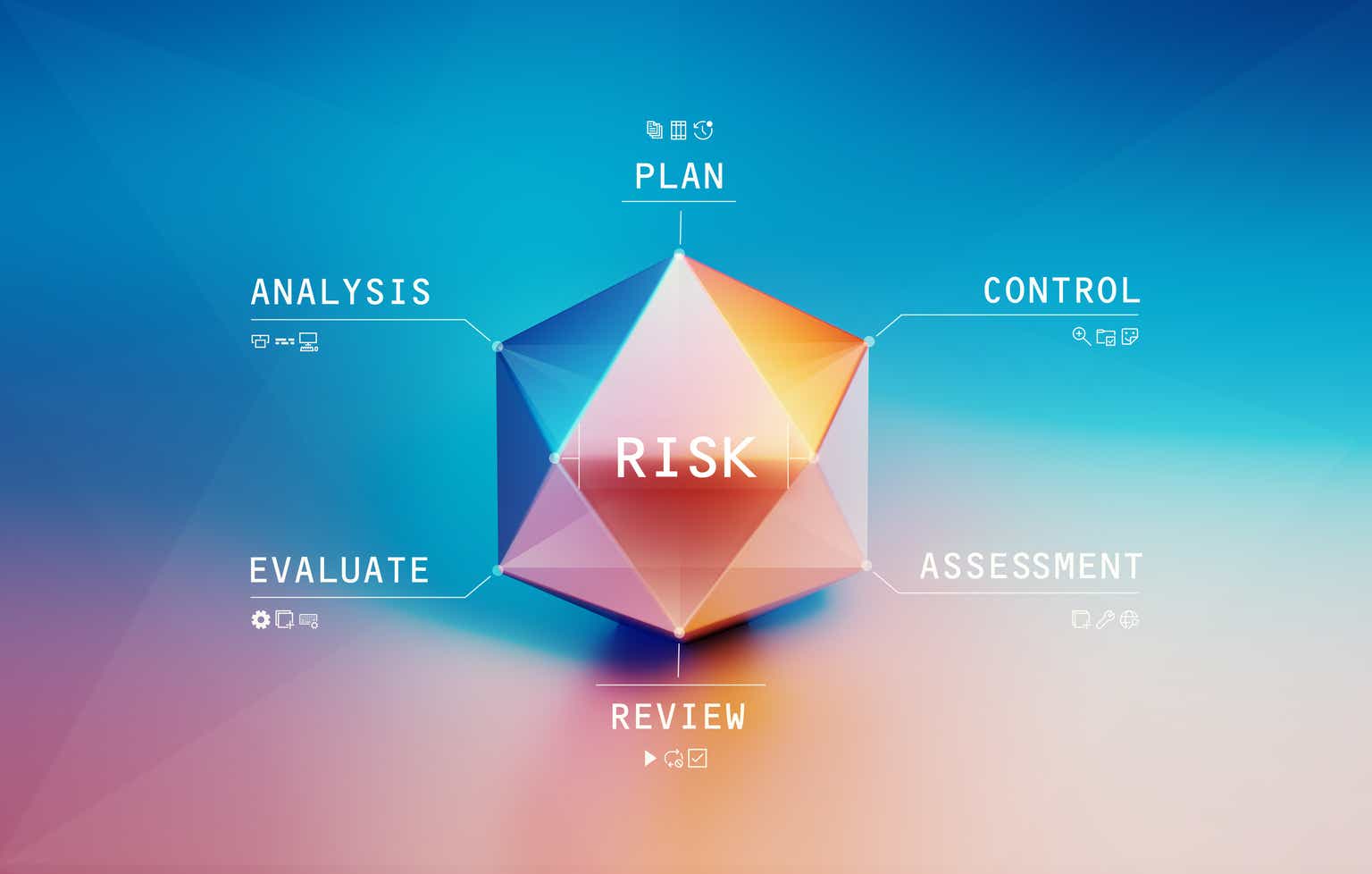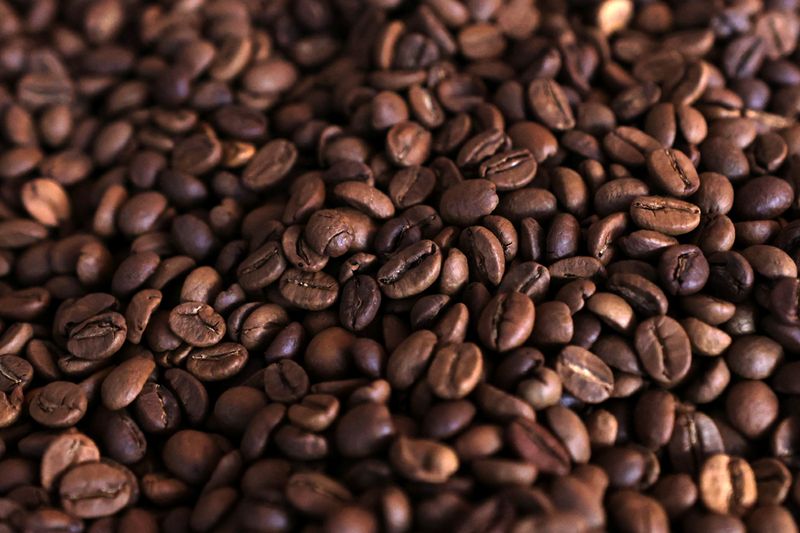The ‘plastic spoon’ of microplastics in your brain could stem from these foods that are wrecking your health, researchers say
Scientists warn about the combined health impacts of microplastics and ultra-processed foods that contain them in four new papers.

Earlier this year, scientists discovered that there is about as much microplastics in the brain as a whole plastic spoon. The paper, published in Nature Medicine in February, revealed that the amount of microplastics—tiny plastic particles smaller than 5 millimeters—in the human brain appears to be increasing: Concentrations rose by about 50% between 2016 and 2024.
Not only were there more microplastics in the brain than in liver or kidney tissue, but microplastic concentrations were higher in the brains of dementia patients than in those without it.
Now, scientists are examining the effect on brain health of microplastics and one of the largest sources of microplastics: ultra-processed foods (UPFs). In a series of four papers published in the journal Brain Medicine, researchers synthesize mounting evidence that microplastics accumulating in the brain—especially those from UPFs—could be contributing to rising global rates of dementia, depression, and other mental health disorders.
“We’re seeing converging evidence that should concern us all,” said co-author of one of the papers, Dr. Nicholas Fabiano from the University of Ottawa, in the press release.
“Ultra-processed foods now comprise more than 50% of energy intake in countries like the United States, and these foods contain significantly higher concentrations of microplastics than whole foods,” Fabiano said. “Recent findings show these particles can cross the blood-brain barrier and accumulate in alarming quantities.”
The combined impact of microplastics and ultra-processed foods
The researchers consolidate the science linking UPF consumption with adverse mental health, and how that overlaps with microplastic accumulation in the brain. For instance, they cite a 2024 umbrella review published in the British Medical Journal which found that people who consumed ultra-processed foods had a 22% higher risk of depression, 48% higher risk of anxiety, and 41% higher risk of poor sleep.
In the papers, the researchers hypothesize that microplastics could be the missing link in UPFs’ impact on brain health, by connecting it to data such as UPFs like chicken nuggets contain 30 times more microplastics per gram than chicken breasts—highlighting how processing could increase microplastic content.
“Ultra-processed foods have been linked to adverse mental health through inflammation, oxidative stress, epigenetics, mitochondrial dysfunction, and disruptions to neurotransmitter systems. Microplastics appear to operate through remarkably similar pathways,” said Wolfgang Marx from Deakin University’s Food & Mood Center in Australia.
Microplastics can increase inflammation in the brain as they cross the blood-brain barrier, as a 2023 study on mice found, which can put people at risk of neurological disease and degeneration, including Alzheimer’s.
“What emerges from this work is not a warning. It is a reckoning,” wrote Dr. Ma-Li Wong, professor of neuroscience at Upstate Medical University in New York. “The boundary between internal and external has failed. If microplastics cross the blood-brain barrier, what else do we think remains sacred?”
Researchers are now looking to understand to what extent ultra-processed foods are responsible for adverse brain health outcomes, and what to do about it. The authors propose the development of a Dietary Microplastic Index, which would quantify people’s exposure through food consumption.
“While we need to reduce our exposure to microplastics through better food choices and packaging alternatives, we also need research into how to remove these particles from the human body,” noted Dr. Stefan Bornstein in his paper. One of those potential methods, Bornstein proposes, is apheresis, a process of removing blood from the body and filtering out the microplastics—but he points out that more research is still needed.
“As the levels of ultra-processed foods, microplastics, and adverse mental health outcomes simultaneously rise, it is imperative that we further investigate this potential association,” said Fabiano. “After all, you are what you eat.”
For more on microplastics:
- Microplastics are everywhere. Here are 5 ways to reduce your exposure
- Chewing gum is shedding harmful microplastics into your saliva, study finds
- Tea bags and these 11 foods are likely exposing you to billions of microplastics
This story was originally featured on Fortune.com


























